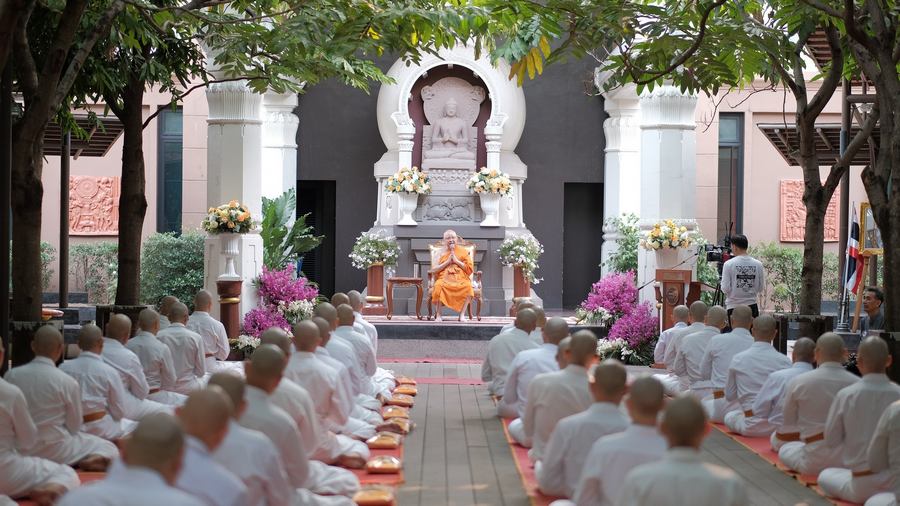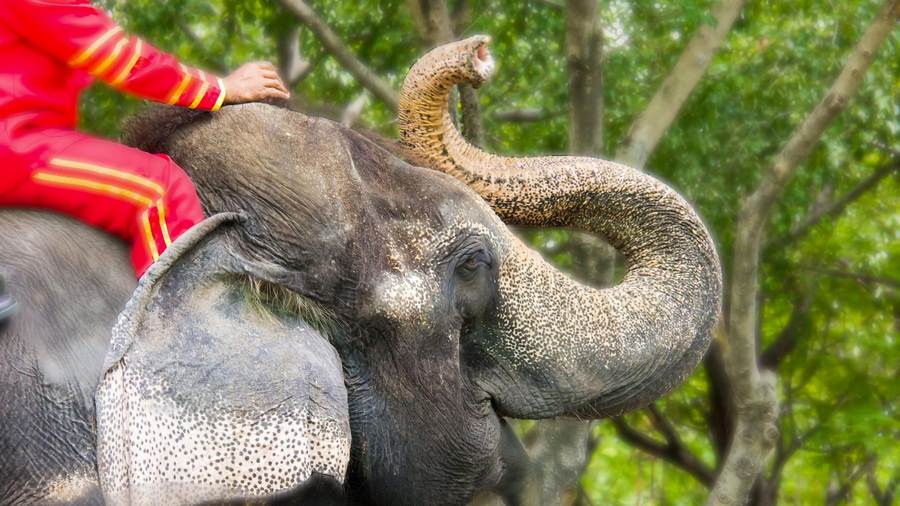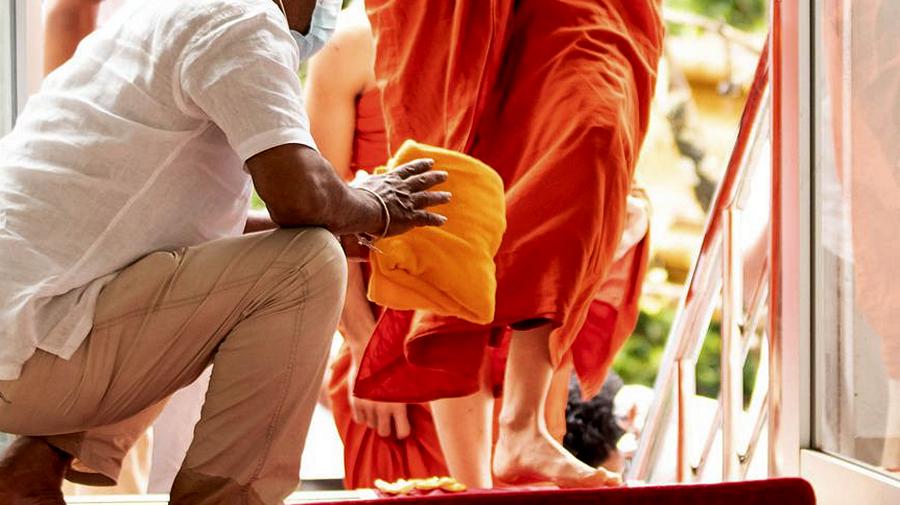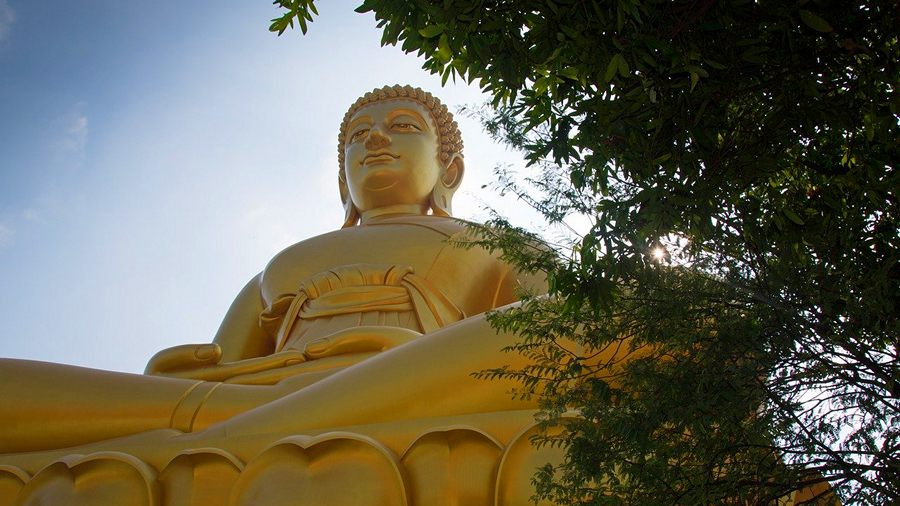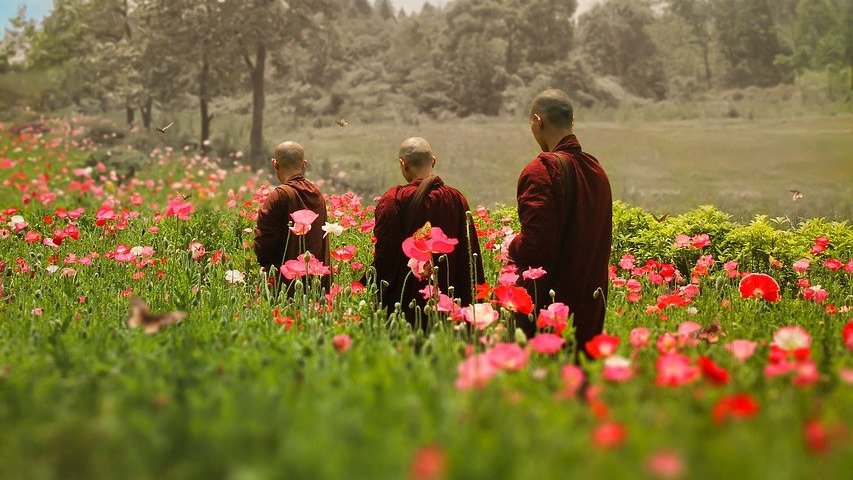[Note: This is the first half of the sutta. After the section below, the Buddha goes on to give the harmonious monks help with their meditation.]
So I have heard. At one time the Buddha was staying near Kosambī, in Ghosita’s Monastery.
Now at that time the mendicants of Kosambī were arguing, quarreling, and disputing, continually wounding each other with barbed words.
Then a mendicant went up to the Buddha, bowed, stood to one side, and told him what was happening, adding: “Please, sir go to those mendicants out of compassion.” The Buddha consented with silence.
Then the Buddha went up to those mendicants and said, “Enough, mendicants! Stop arguing, quarreling, and disputing.”
When he said this, one of the mendicants said to the Buddha, “Wait, sir! Let the Buddha, the Lord of the Dhamma, remain passive, dwelling in blissful meditation in the present life. We will be known for this arguing, quarreling, and disputing.”
For a second time … and a third time the Buddha said to those mendicants, “Enough, mendicants! Stop arguing, quarreling, and disputing.”
For a third time that mendicant said to the Buddha, “Wait, sir! Let the Buddha, the Lord of the Dhamma, remain passive, dwelling in blissful meditation in the present life. We will be known for this arguing, quarreling, and disputing.”
Then the Buddha robed up in the morning and, taking his bowl and robe, entered Kosambī for alms. After the meal, on his return from almsround, he set his lodgings in order. Taking his bowl and robe, he recited these verses while standing right there:
“When many voices shout at once,
no-one thinks that they’re a fool!
While the Saṅgha’s being split,
none thought another to be better.
Dolts pretending to be astute,
they talk, their words right out of bounds.
They blab at will, their mouths agape,
and no-one knows what leads them on.
“They abused me, they hit me!
They beat me, they robbed me!”
For those who bear such a grudge,
hatred never ends.
“They abused me, they hit me!
They beat me, they robbed me!”
For those who bear no such grudge,
hatred has an end.
For never is hatred
settled by hate,
it’s only settled by love:
this is an eternal truth.
Others don’t understand
that here we need to be restrained.
But those who do understand this,
being clever, settle their conflicts.
Breakers of bones and takers of life,
thieves of cattle, horses, wealth,
those who plunder the nation:
even they can come together,
so why on earth can’t you?
If you find an alert companion,
a wise and virtuous friend,
then, overcoming all adversities,
wander with them, joyful and mindful.
If you find no alert companion,
no wise and virtuous friend,
then, like a king who flees his conquered realm,
wander alone like a tusker in the wilds.
It’s better to wander alone,
there’s no fellowship with fools.
Wander alone and do no wrong,
at ease like a tusker in the wilds.”
After speaking these verses while standing, the Buddha went to the village of the child salt-miners, where Venerable Bhagu was staying at the time. Bhagu saw the Buddha coming off in the distance, so he spread out a seat and placed water for washing the feet. The Buddha sat on the seat spread out, and washed his feet. Bhagu bowed to the Buddha and sat down to one side.
The Buddha said to him, “I hope you’re keeping well, mendicant; I hope you’re all right. And I hope you’re having no trouble getting almsfood.”
“I’m keeping well, sir; I’m all right. And I’m having no trouble getting almsfood.”
Then the Buddha educated, encouraged, fired up, and inspired Bhagu with a Dhamma talk, after which he got up from his seat and set out for the Eastern Bamboo Park.
Now at that time the venerables Anuruddha, Nandiya, and Kimbila were staying in the Eastern Bamboo Park. The park keeper saw the Buddha coming off in the distance and said to the Buddha, “Don’t come into this park, ascetic. There are three gentlemen who love themselves staying here. Don’t disturb them.”
Anuruddha heard the park keeper conversing with the Buddha, and said to him, “Don’t keep the Buddha out, good park keeper! Our Teacher, the Blessed One, has arrived.”
Then Anuruddha went to Nandiya and Kimbila, and said to them, “Come forth, venerables, come forth! Our Teacher, the Blessed One, has arrived!”
Then Anuruddha, Nandiya, and Kimbila came out to greet the Buddha. One received his bowl and robe, one spread out a seat, and one set out water for washing his feet. The Buddha sat on the seat spread out and washed his feet. Those venerables bowed and sat down to one side.
The Buddha said to Anuruddha, “I hope you’re keeping well, Anuruddha and friends; I hope you’re all right. And I hope you’re having no trouble getting almsfood.”
“We’re keeping well, sir; we’re all right. And we’re having no trouble getting almsfood.”
“I hope you’re living in harmony, appreciating each other, without quarreling, blending like milk and water, and regarding each other with kindly eyes?”
“Indeed, sir, we live in harmony as you say.”
“But how do you live this way?”
“In this case, sir, I think: ‘I’m fortunate, so very fortunate, to live together with spiritual companions such as these.’ I consistently treat these venerables with kindness by way of body, speech, and mind, both in public and in private. I think: ‘Why don’t I set aside my own ideas and just go along with these venerables’ ideas?’ And that’s what I do. Though we’re different in body, sir, we’re one in mind, it seems to me.”
And the venerables Nandiya and Kimbila spoke likewise, and they added: “That’s how we live in harmony, appreciating each other, without quarreling, blending like milk and water, and regarding each other with kindly eyes.”
“Good, good, Anuruddha and friends! But I hope you’re living diligently, keen, and resolute?”
“Indeed, sir, we live diligently.”
“But how do you live this way?”
“In this case, sir, whoever returns first from almsround prepares the seats, and puts out the drinking water and the rubbish bin. If there’s anything left over, whoever returns last eats it if they like. Otherwise they throw it out where there is little that grows, or drop it into water that has no living creatures. Then they put away the seats, drinking water, and rubbish bin, and sweep the refectory. If someone sees that the pot of water for washing, drinking, or the toilet is empty they set it up. If he can’t do it, he summons another with a wave of the hand, and they set it up by lifting it with their hands. But we don’t break into speech for that reason. And every five days we sit together for the whole night and discuss the teachings. That’s how we live diligently, keen, and resolute.…”
Read the entire translation of Majjhima Nikāya 128 Upakkilesasutta: Corruptions by Bhikkhu Sujato on SuttaCentral.net. Or read a different translation on DhammaTalks.org. Or listen on PaliAudio.com or SC-Voice.net. Or explore the Pali on DigitalPaliReader.online.
Or read a translation in Bengali, Català, Deutsch, Español, Français, हिन्दी, Indonesian, Italiano, မြန်မာဘာသာ, Norsk, Português, ру́сский язы́к, සිංහල, Srpski, ไทย, Tiếng Việt, 汉语. More information here are some instructions.


 Copyright: Creative Commons Zero (CC0) To the extent possible under law, Bhikkhu Sujato has waived all copyright and related or neighboring rights to his own translations on
Copyright: Creative Commons Zero (CC0) To the extent possible under law, Bhikkhu Sujato has waived all copyright and related or neighboring rights to his own translations on 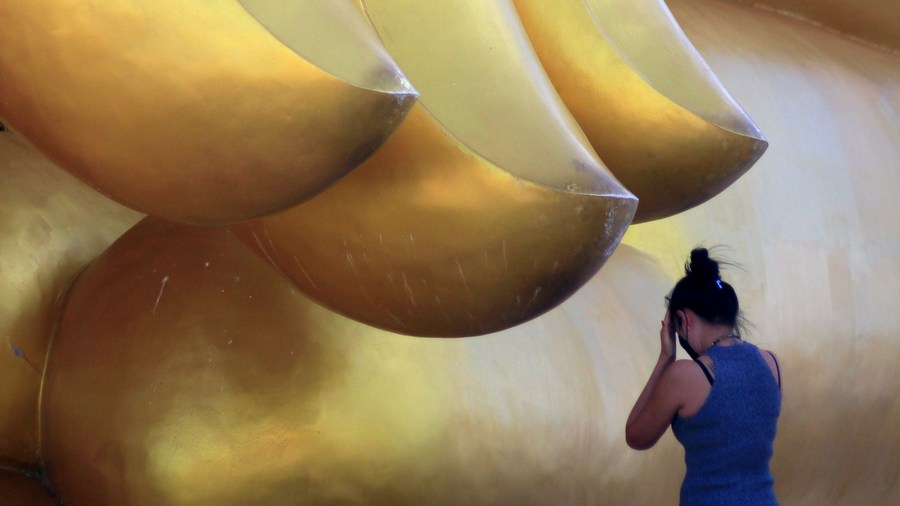

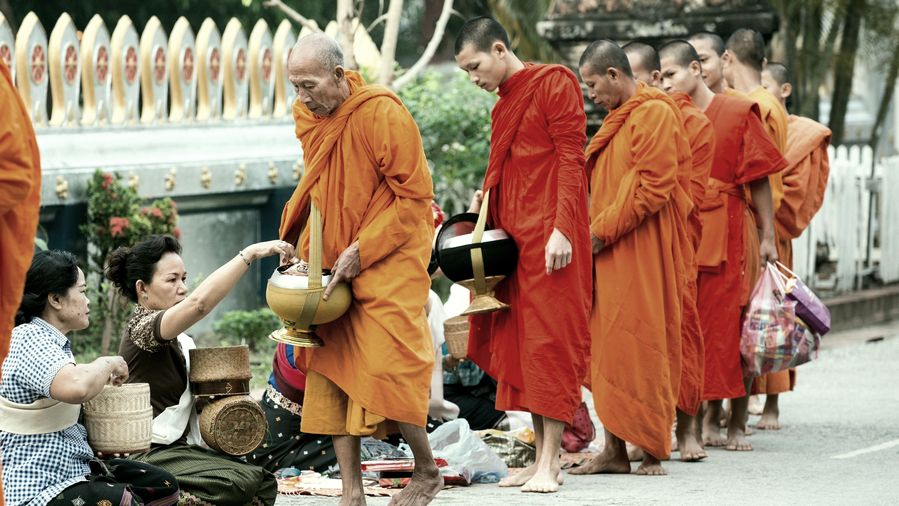
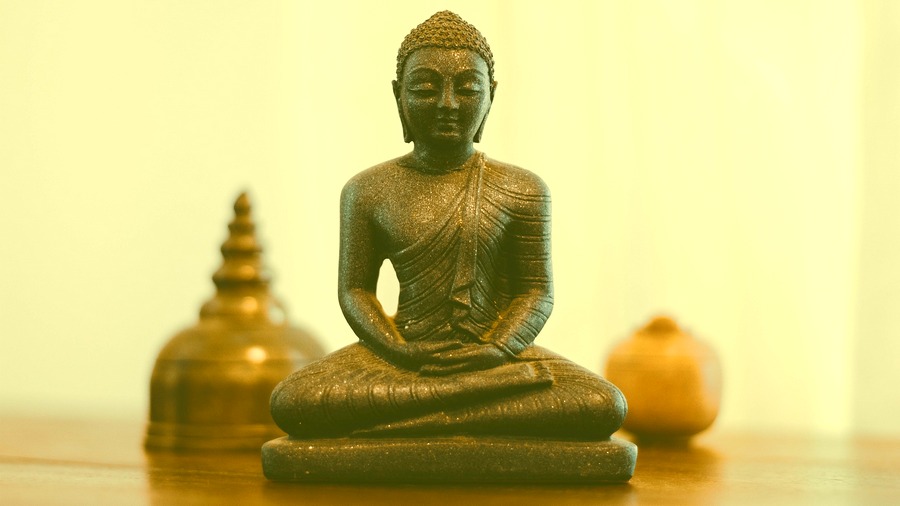

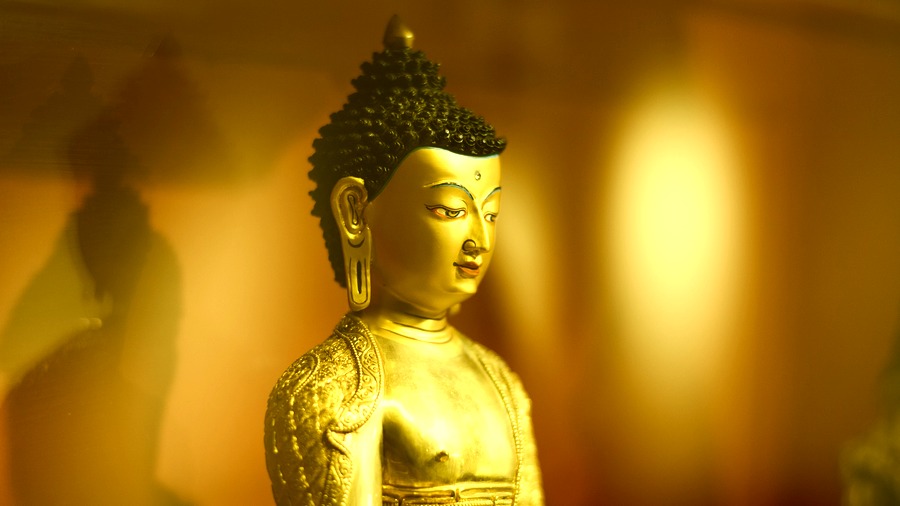
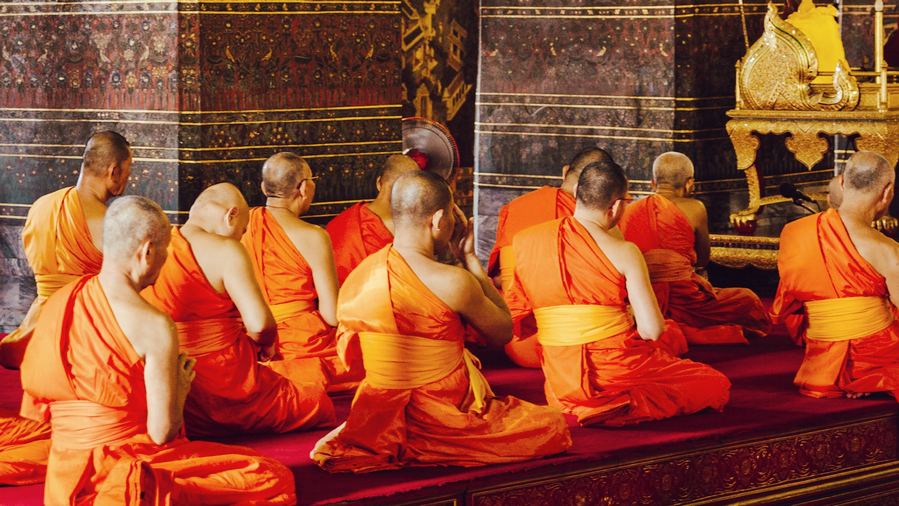
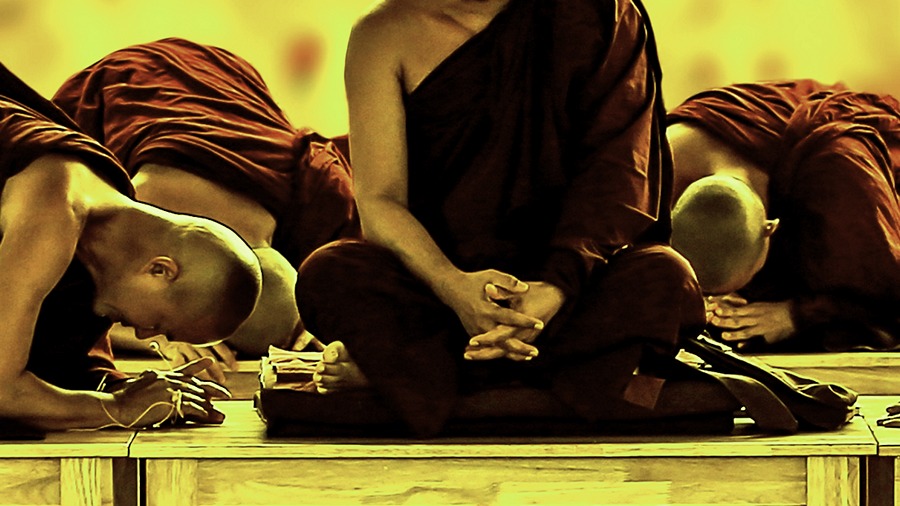


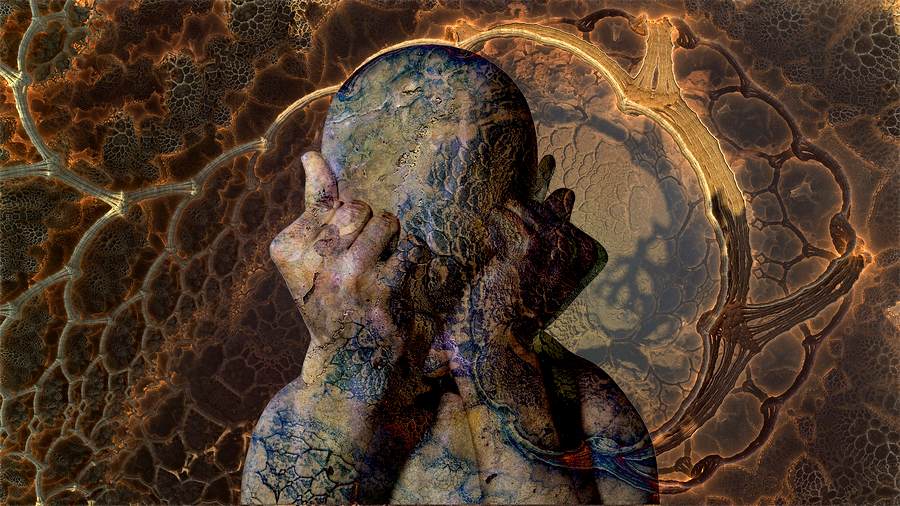

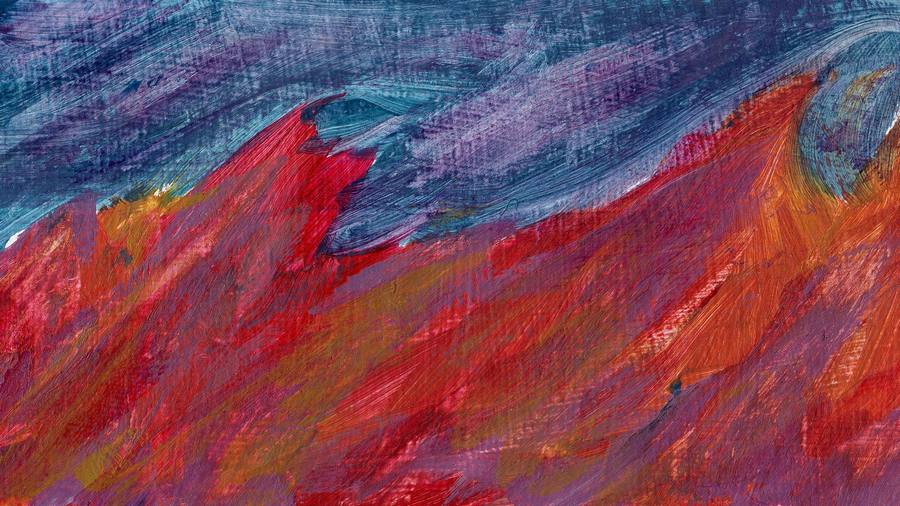
 All translations on this site by Bhikkhu Bodhi are licensed under a Creative Commons Attribution-NonCommercial-NoDerivs 3.0 Unported License.
Bhikkhu Bodhi, The Middle Length Discourses of the Buddha (Wisdom Publications, 2009), The Connected Discourses of the Buddha (Wisdom Publications, 2000), The Numerical Discourses of the Buddha (Wisdom Publications, 2012).
All translations on this site by Bhikkhu Bodhi are licensed under a Creative Commons Attribution-NonCommercial-NoDerivs 3.0 Unported License.
Bhikkhu Bodhi, The Middle Length Discourses of the Buddha (Wisdom Publications, 2009), The Connected Discourses of the Buddha (Wisdom Publications, 2000), The Numerical Discourses of the Buddha (Wisdom Publications, 2012).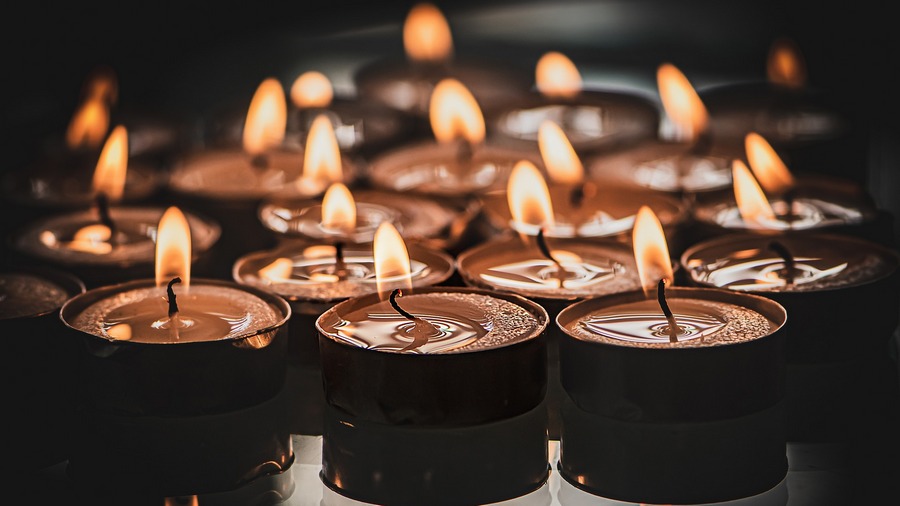

 Translations by Bhikkhu Ṭhanissaro are released under the Creative Commons Attribution-NonCommercial 4.0 Unported License. The author considers any sale, including by non-profit entities for non-profit purposes, to be ‘Commercial’ and a copyright violation. To view a copy of this license, visit the
Translations by Bhikkhu Ṭhanissaro are released under the Creative Commons Attribution-NonCommercial 4.0 Unported License. The author considers any sale, including by non-profit entities for non-profit purposes, to be ‘Commercial’ and a copyright violation. To view a copy of this license, visit the 